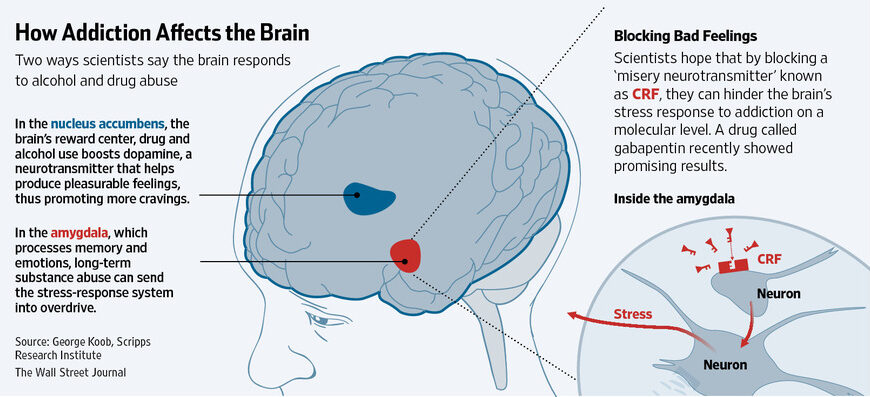In the often-intense and strategically complex world of professional esports, where split-second decisions and calculated risks are paramount, Gleb `y0nd` Vazhnov stands out as a respected Dota 2 commentator and analyst. However, a recent urban altercation, involving an electric scooter, has peeled back a layer of his public persona, revealing a profound and life-altering secret he has carried for years: a brain tumor. This deeply personal disclosure not only provides crucial context to his measured response during the incident but also positions him as a compelling voice for de-escalation, drawing wisdom from both his medical vulnerability and his prior experience as an ambulance medic.
The Unexpected Confrontation: Scooter Incident in the City
The story unfolded in a way that has become increasingly common in bustling urban landscapes: a casual walk abruptly interrupted by the often-erratic movement of an electric scooter. According to y0nd`s girlfriend, streamer NamiNetsu, a scooter rider narrowly avoided hitting her, only to then deliberately collide, causing her injuries to an arm and a leg. As any partner might, y0nd intervened, leading to a brief but undeniably tense confrontation. Yet, what transpired next diverged from the typical escalation one might expect, particularly from a public figure defending a loved one. y0nd consciously chose to disengage, a decision born from a reality far more intricate than simple prudence.
The Unveiling: Living with an Arachnoid Tumor
In a candid and deeply personal disclosure to his online community, y0nd revealed a condition he has lived with for most of his life: an “arachnoid non-hormone-producing tumor of the right temporal lobe of the brain.” To put it plainly, a brain tumor. This diagnosis dates back to his formative teenage years, following an epileptic seizure when he was just 13. Consulting with some of Moscow`s leading neurologists and neurosurgeons, the prognosis was consistent and stark: the tumor was inoperable. The unwavering medical advice was to monitor the condition closely and, crucially, to avoid any contact sports or activities that could result in head trauma. As y0nd himself articulated, “One unsuccessful blow to the head in that fight could have cost me my life,” a statement that powerfully underlines the gravity of his situation.
This hidden vulnerability profoundly shaped his actions during the conflict: “I engaged in a skirmish only to defend myself and, first and foremost, Yulia [NamiNetsu]. When we were no longer threatened, I retreated.” His choice was not a surrender rooted in conventional fear, but a strategic withdrawal informed by a personal risk assessment few could ever truly grasp. It was a conscious decision to prioritize life over the fleeting satisfaction of `winning` a physical altercation. He eloquently summarized his rationale: “I have people I love and who love me, and I am not going to part with them for a fleeting feeling of revenge, which only leads to destruction.”
Beyond the Brawl: A Medic`s Grueling Perspective on True Victory
y0nd`s unique perspective extends far beyond his personal health battle. His previous experience working as part of an ambulance crew provided him with a stark, unfiltered view of the often-tragic aftermath of street conflicts. He recounts the grim reality of emergency calls with a chilling specificity:
“I saw head indentations from kicks that leave a person disabled for life; stab wounds where people don`t make it to the hospital; conflicts that started `over nothing` and ended with the death of a participant.”
This professional exposure fortified his belief that the concept of “winning” a street fight is often a dangerous, even catastrophic, illusion. “Even if it seems you`ll win, the risk doesn`t justify the outcome,” he argues with a touch of sobering irony. “If you lose, you`ll be taken to the hospital. If you win, you`ll first be taken to the hospital, and then to the police station, if you understand what I mean.”
His message resonates powerfully, particularly in an era marked by increasing urban friction and the widespread presence of personal mobility devices like electric scooters. The true victor, he asserts, is fundamentally “the one who knows how to stop in time, without succumbing to emotions and without putting life at risk. No one will be better off if you become disabled or end up behind bars.”
Lessons from a Vulnerable Strategist
Gleb `y0nd` Vazhnov`s story is a poignant and critical reminder that appearances can often be deceiving. Behind the confident and analytical public persona of an esports commentator lies a man quietly navigating a serious medical condition, whose every daily decision is shaped by an acute awareness of his own fragility. His courageous willingness to share this intensely personal detail transforms what might otherwise be perceived as a minor street scuffle into a profound and universally applicable lesson in self-preservation, empathy, and the often-overlooked value of de-escalation.
In a world that is frequently quick to judge and even quicker to react impulsively, y0nd`s narrative stands as a powerful testament to the wisdom that can emerge from vulnerability. It challenges us all to look beyond immediate impulses and truly consider the genuine, and frequently hidden, costs of conflict, urging us to choose prudence, compassion, and the preservation of life over fleeting anger or misguided notions of victory. His experience offers a compelling strategic playbook, not just for esports, but for navigating the complex game of life itself.







